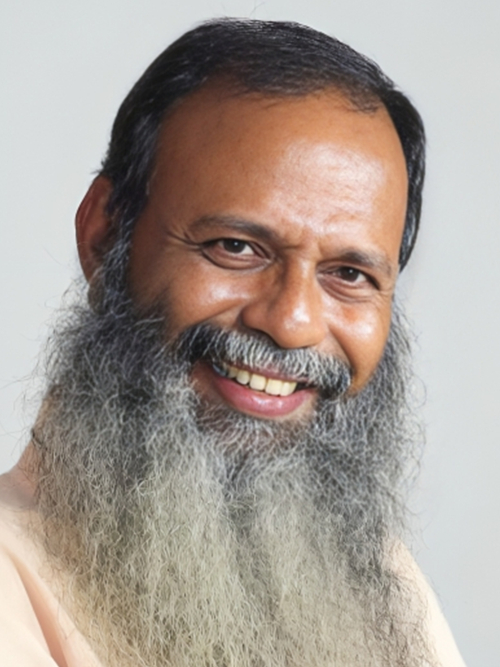

We are not certain regarding the intention behind the people reporting to Jesus that some Galileans had been executed by the Roman occupying forces in Jerusalem, probably in the temple precincts. Jesus himself was a Galilean, you see. Whether they simply wanted to know Jesus’ reaction, or whether they wanted Jesus to take on himself the task of fighting against the occupation that those who got executed could not accomplish, or whether they wanted to belittle Jesus by saying, ‘Some of your wretched country cousins have gotten killed by the occupying forces in Jerusalem’. We do not know what their actual intention was. In any case, from Jesus’ response to them we get to understand that they reported the matter to him with an attitude somewhat close to the last one.
We have seen some people withdraw from others when they realize that they are affected by some serious illness. They don't even tell their close friends about their illness. What might be the reason they take such a stance? Is it because they know that the sympathy that others show them at such times isn't sincere? Or is it because they realize that behind such outward expressions of sympathy, they may be having some sort of private, mysterious happiness? And that they might be saying within themselves, ‘This didn’t happen to me, I'm a survivor’. Could it be that one of these reasons is what withhold those who are ill from letting it be known even by their friends?
I have written about schadenfreude before. Schadenfreude is the feeling of internal happiness in others sadness.
In the context of the views of the Jews of Jesus’ time, a belief that ‘the tragedy must have happened to them because they were somehow more sinful people’ - must have influenced those who brought up the news. Similarly, there's a secretive joy in them that: ‘we are not as much sinners, and that's why such a tragedy didn't befall us’. In short, they have shadenfreude or a secretive happiness in the suffering of others. And what is it that leads them to it? The self-righteousness: the attitude that "We are okay."
Jesus emphatically states that those who got killed in the said tragedy were not more sinful than you. And he topples their spiritual conviction upside down through the parable that he immediately tells them. "A man planted a fig tree in his orchard. He looked for fruits on it for three years in a row, and found none. So he tells the gardener: 'I have been looking for fruit for three years from this tree, and found none. Cut it down. Why waste the land.' Then the gardener says, "Let's wait for another year; give me time. Meanwhile, I will cultivate around and fertilize it." Thus the tree gets life extended for another year. The story ends there. Those who needed to get the message must have got it.
In short, it is not the people who met with the tragedy, but you guys who are the barren trees. Your present life is a life that God has kindly extended, because you never produced any good fruit!
The most vile and dirty attitude in humans is schadenfreude. If we were humans and witnessed a tragedy happening to a person, a country or a particular community, the feeling we should have had is that of empathy and compassion. Instead, I'm afraid, shameless barren-trees who display schadenfreude in abundance, who got their lives extended because they were so far barren, are on the increase amidst us!





















